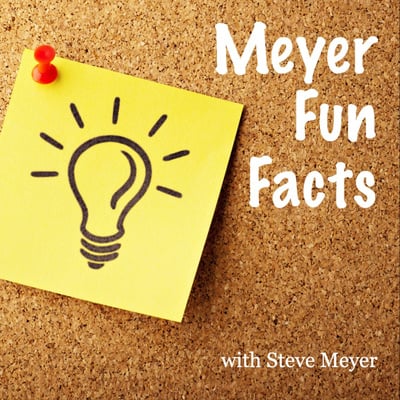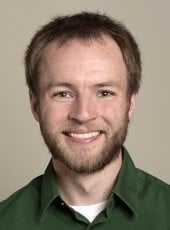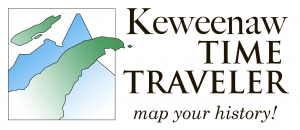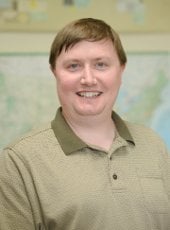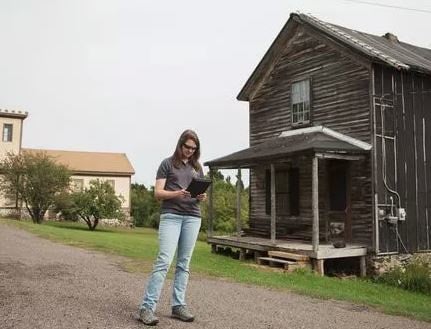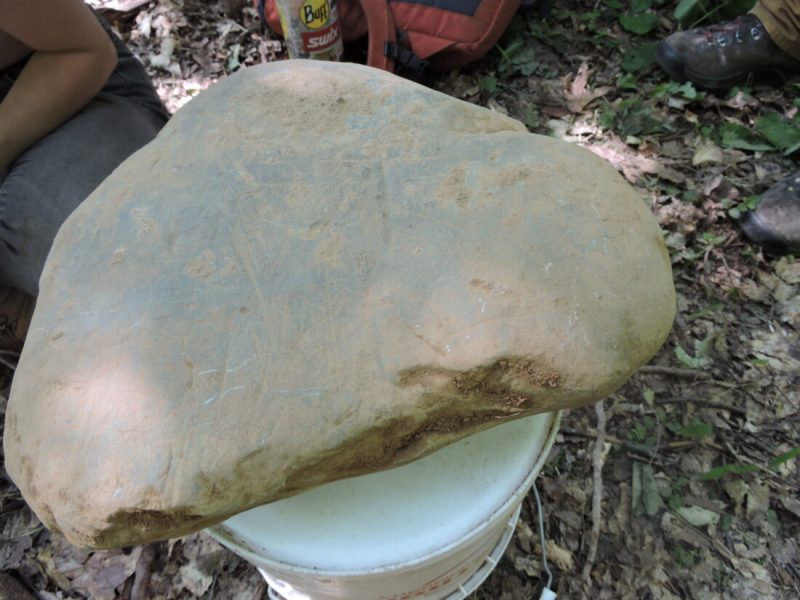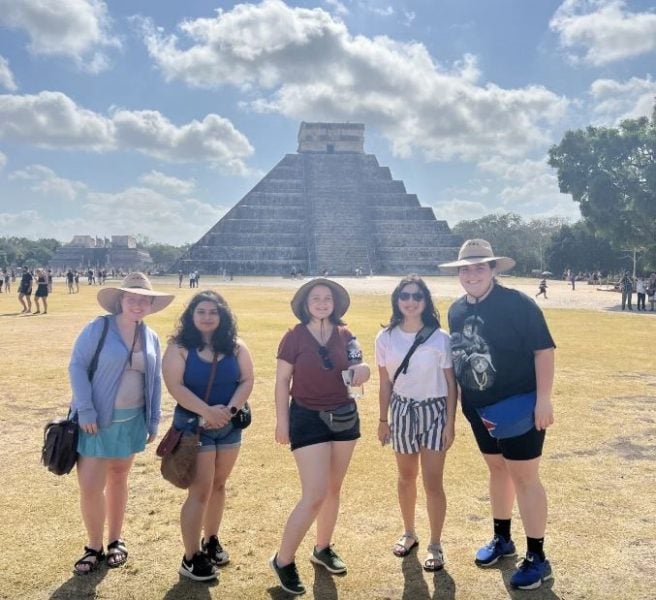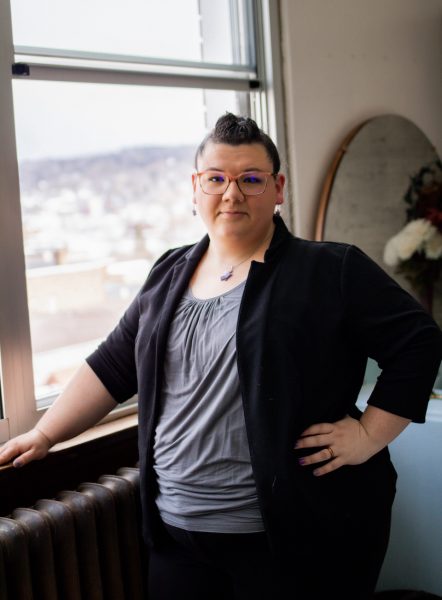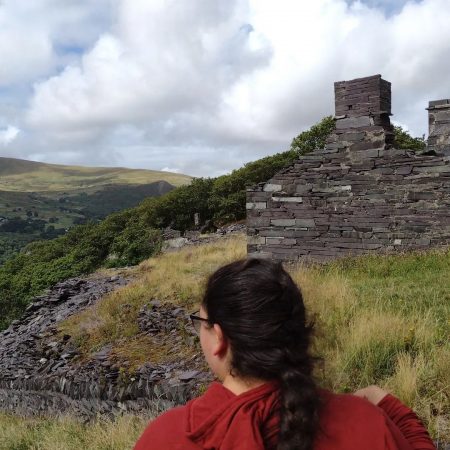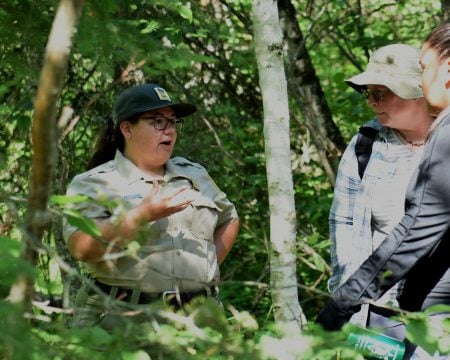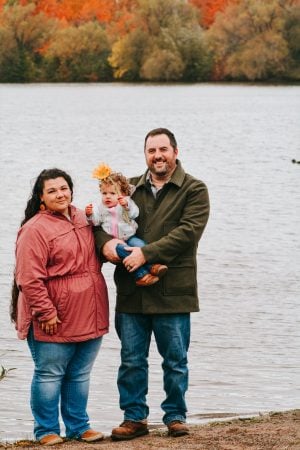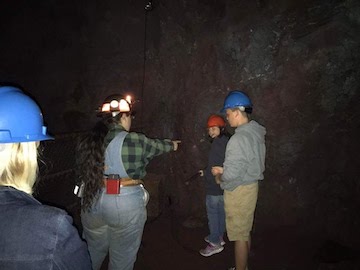Steven Walton was a guest on a Meyer Fun Facts podcast released on February 7. He appeared in the episode entitled “Project ELF.” The podcast centers on the Cold War-era use of extremely low-frequency (ELF) lines in the Upper Peninsula and northern Wisconsin to facilitate top-secret military communications. Walton discusses the science and technology behind the communication system intended to keep in contact with American submarines around the world.
Walton touched on a variety of topics. For instance, environmentalists expressed concern about project impacts on the Northwoods. Walton visited Michigan Tech’s role in later iterations of the project planned for the Upper Peninsula, too. In addition, Walton reviewed the political controversy and protests surrounding the ELF projects. Finally, Walton reviews the project timeline from the 1950’s through 2004.
About the Meyer Fun Facts Podcast
Started by Steve Meyer, the Meyer Fun Facts podcast became a way for Meyer to fill his time during retirement. His podcast visits different people, places, and moments of interest throughout history. The podcast can be found on iTunes, Spotify, and most other podcast platforms.
About the Social Sciences Department at Michigan Tech
Michigan Tech’s Department of Social Sciences offers bachelor of science degrees in Anthropology, Policy and Community Development, Sustainability Science and Society, and Social Science, along with a bachelor of arts degree in History. Our graduate program includes masters and doctoral degrees in Environmental and Energy Policy and Industrial Heritage and Archaeology (the only one of its kind in the world), and a master’s in Sustainable Communities. Plus, you can get a graduate certificate in Public Policy in by taking three courses in just one term.
Questions? Contact us at socialsciences@mtu.edu. Follow us on Facebook, Instagram and Twitter for the latest happenings.
